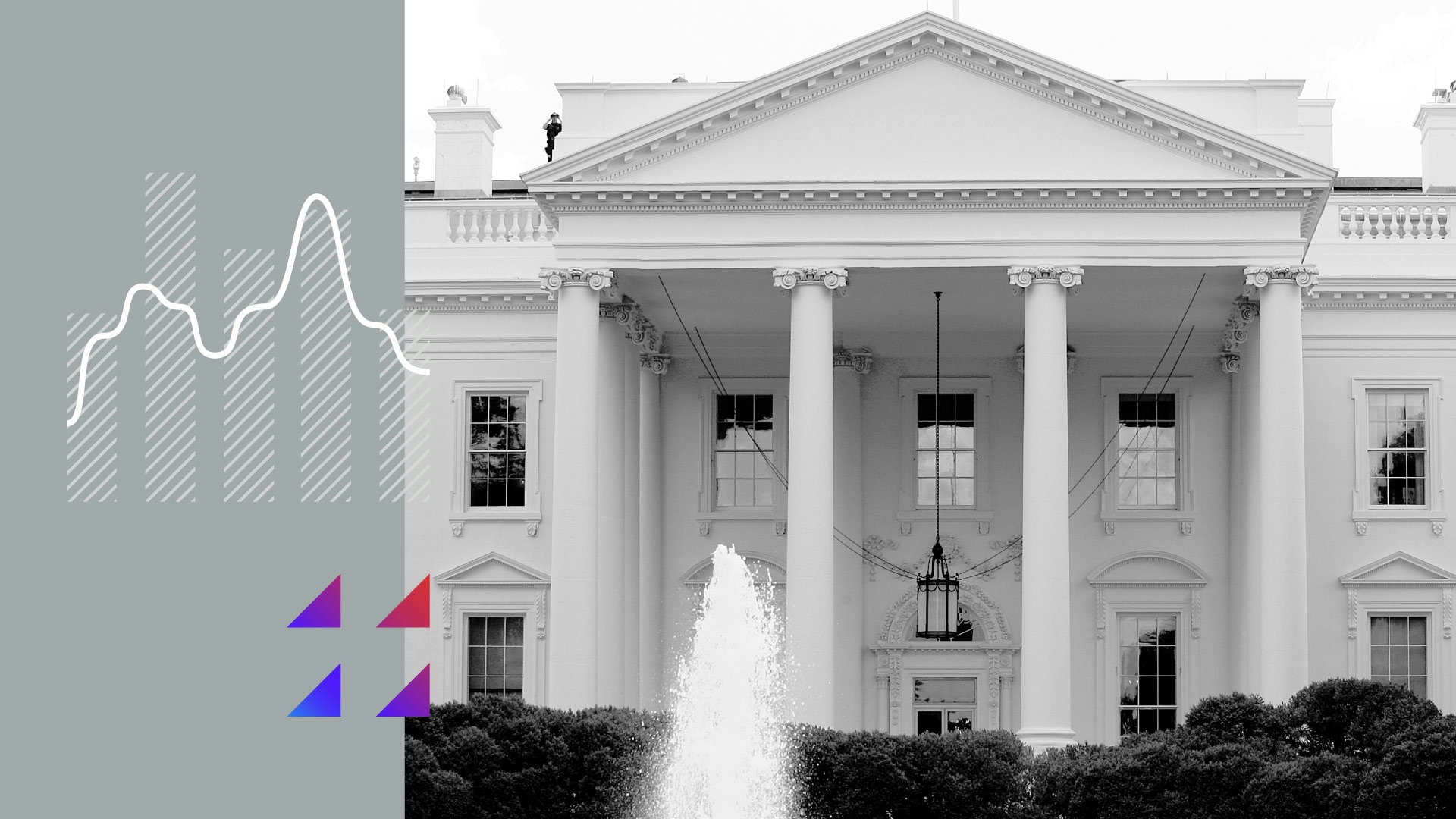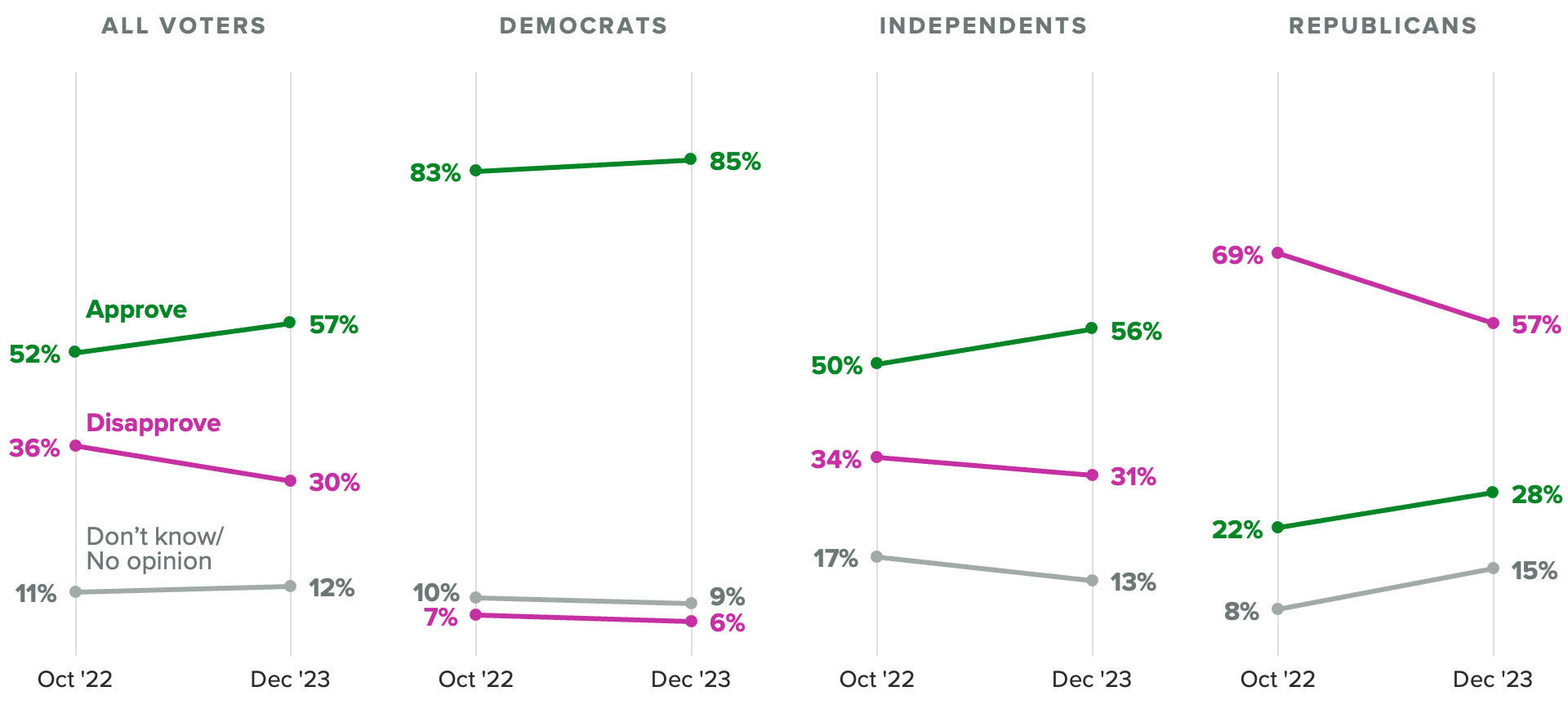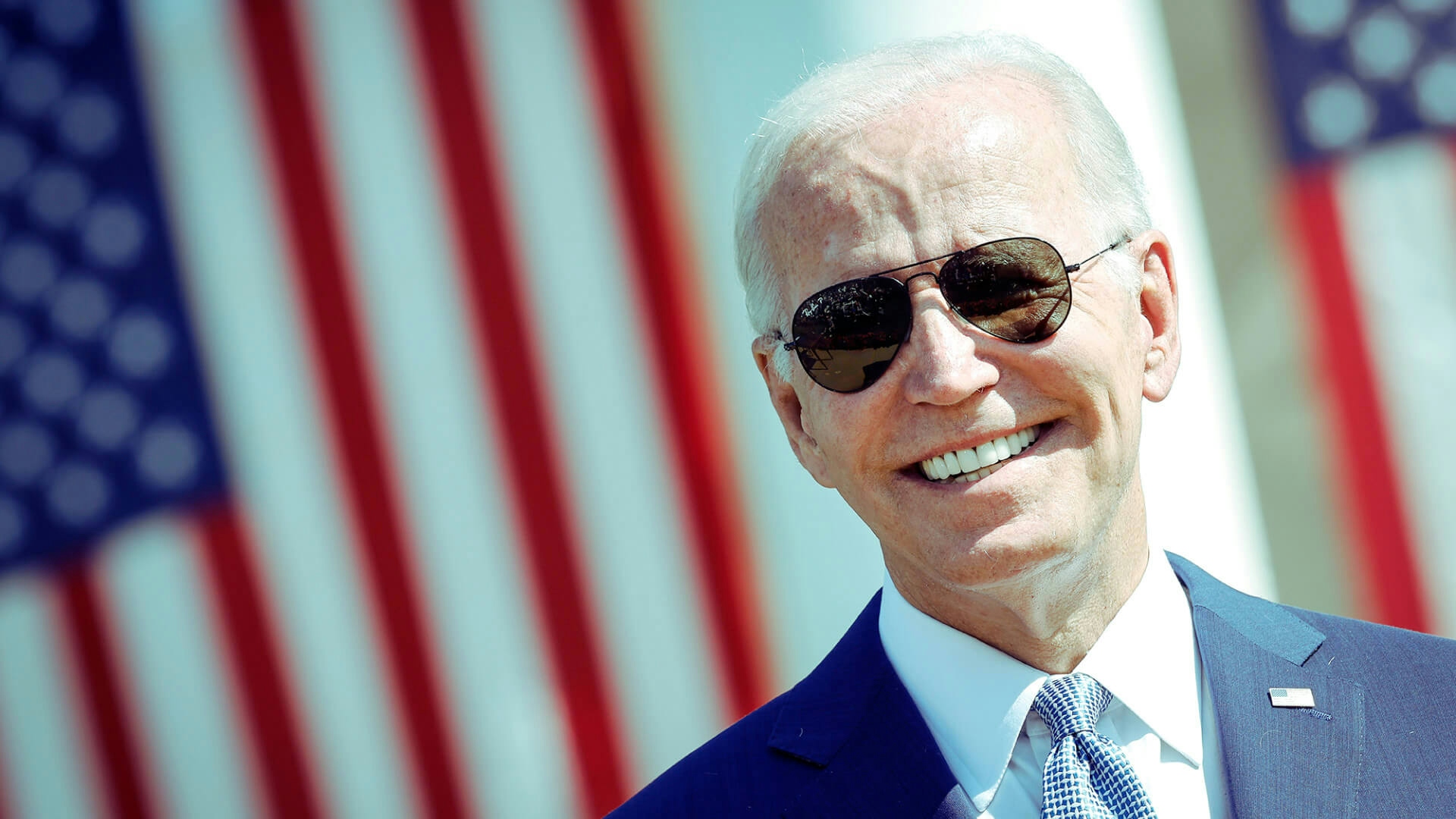Obamacare Has Become Even More Popular Over Biden’s Presidency

Key Takeaways
According to our Nov. 30-Dec. 2 survey, 57% of voters approve of the Affordable Care Act, while just 3 in 10 voters disapprove.
Roughly a third of voters (32%) said Obamacare should be repealed partially or completely, lower than at any other time in Morning Consult surveys conducted since 2017. The same share said the law should be expanded and 1 in 5 want it to be kept as is.
Donald Trump and congressional Republicans hold major advantages over their Democratic counterparts when it comes to who voters trust to handle the economy. But on health care, President Joe Biden leads Trump (46% to 40%) and congressional Democrats lead Republicans in Congress (48% to 36%). The GOP presidential front-runner’s lack of political discipline that brought a renewed focus on Obamacare could dampen the sting of Republicans’ economy-focused attacks on Biden if Democrats can continue to elevate it.
Sign up to get our analysis and data on how business, politics and economics intersect around the world.
Former President Donald Trump’s recent comment that he is again “looking at alternatives” to the Affordable Care Act has opened the door to uncomfortable political territory for the Republican Party.
Put simply, Trump’s latest attack on Obamacare effectively throws Democrats a bone on an issue where they already have an advantage — especially given the fact that the law has become more popular over Joe Biden’s presidency, including among Republicans.
A Majority of Voters Approve of Obamacare

According to our Nov. 30-Dec. 2 survey, 57% of voters approve of the Affordable Care Act, while just 3 in 10 voters disapprove.
Over the past year, the law’s popularity has improved 5 percentage points, driven partly by independent voters but even more so by Republicans. Since our survey with Politico last October, the share of Republican voters who disapprove of Obamacare has declined 12 points (from 69% to 57%), while the share who approve has increased 6 points (from 22% to 28%).
Along with the law’s increased popularity, the survey also found that only 32% of voters want to see Obamacare repealed either partially or completely, lower than at any other time in Morning Consult surveys conducted since 2017. The same share said the law should be expanded and 1 in 5 say it should be kept as is.
1 in 3 Voters Would at Least Partially Repeal Obamacare
Whether the 2010 law should be repealed completely or partially divides the GOP’s potential primary electorate, with Trump’s current backers being far more likely than those who are supporting someone else to back a full repeal (41% to 25%) and those not in Trump’s camp being more likely to back a more surgical approach.
Specific demographics at scale: Surveying thousands of consumers around the world every day powers our ability to examine and analyze perceptions and habits of more specific demographics at scale, like those featured here.
Why it matters: Leaders need a better understanding of their audiences when making key decisions. Our comprehensive approach to understanding audience profiles complements the “who” of demographics and the “what” of behavioral data with critical insights and analysis on the “why.”
The issue could arise in the fourth Republican debate, where Trump will not be in attendance.
A separate survey found that half of potential GOP primary voters (55%) said it is “very important” for the candidates to discuss health care during the televised matchup, though it also suggests that many of these voters are not that interested in what’s happening on stage. Only two in 5 potential Republican primary voters said the GOP’s primary debates are “very important,” in line with our measurements before the second and third debates that scored small television audiences.
The bottom line
To date, Republicans have largely been able to focus the American political conversation on the safe turf of the economy. Trump’s re-emergence in the Obamacare debate, which had been mostly dormant since his failed 2017 repeal-and-replace effort helped Democrats sweep the 2018 midterm elections, could mark an unforced error for Republicans given the latest trends in our data.
Biden Holds a Trust Advantage Over Trump on Health Care
Trump and congressional Republicans hold major advantages over their Democratic counterparts when it comes to who voters trust more to handle the economy. But on health care, Biden leads Trump (46% to 40%) and congressional Democrats lead Republicans in Congress (48% to 36%).
The GOP presidential front-runner’s lack of political discipline that brought a renewed focus on Obamacare could dampen the sting of Republicans’ economy-focused attacks on Biden if Democrats can continue to elevate it. Evidence from the 2022 midterm elections suggests that voters are willing to weigh issues that rank lower on their priority list (such as abortion that year) even if the economy tends to be their top issue.
Eli Yokley is Morning Consult’s U.S. politics analyst. Eli joined Morning Consult in 2016 from Roll Call, where he reported on House and Senate campaigns after five years of covering state-level politics in the Show Me State while studying at the University of Missouri in Columbia, including contributions to The New York Times, Politico and The Daily Beast. Follow him on Twitter @eyokley. Interested in connecting with Eli to discuss his analysis or for a media engagement or speaking opportunity? Email [email protected].

